As the Muslim world ushers in the holy month of Ramadan, the Palestinian enclave of Gaza finds itself embroiled in a dire humanitarian crisis exacerbated by relentless Israeli aggression. For over five months, Gazans have endured a harrowing ordeal marked by violence, disease, hunger, and thirst at the hands of the occupying forces.
This Ramadan, however, paints a starkly different picture for the people of Gaza. Feda Hamed, a resident of Gaza's Khan Yunis, epitomizes the struggles faced by many families in the besieged territory. With food scarcity plaguing their daily existence, the usual hustle and bustle of Ramadan shopping is replaced by desperate pleas for sustenance.
Navigating through severe shortages of gas and the challenge of cooking amidst biting cold, many Gazans forego traditional pre-dawn meals (Sehri) altogether. The scarcity extends to Iftar (breaking of fast) as well, leaving families grappling with empty stomachs and dwindling hope.
"I came to the market to buy food for sehri and iftar. But I couldn't find anything to buy here," laments a Gaza resident, underscoring the grim reality of scarcity and spoilage plaguing local markets. Skyrocketing prices render basic necessities unattainable for many, leading to widespread economic hardship and food waste.
Traditionally abundant with fresh produce, halal meat, and sweets, Gazans now find themselves deprived of these luxuries, forced to endure days of hunger and deprivation. The joyous atmosphere of Ramadan has been eclipsed by despair and darkness, casting a somber shadow over the 2.3 million Palestinians struggling to survive amidst the ruins of their homeland.
While past Ramadans were characterized by celebration and camaraderie, the current reality is one of devastation and mourning, as Gaza's streets echo not with the sounds of festivity, but with the cries of grieving families and the rumble of destruction. As the world marks the onset of Ramadan, Gaza's plight serves as a poignant reminder of the urgent need for humanitarian intervention and a just resolution to the ongoing crisis in the region.



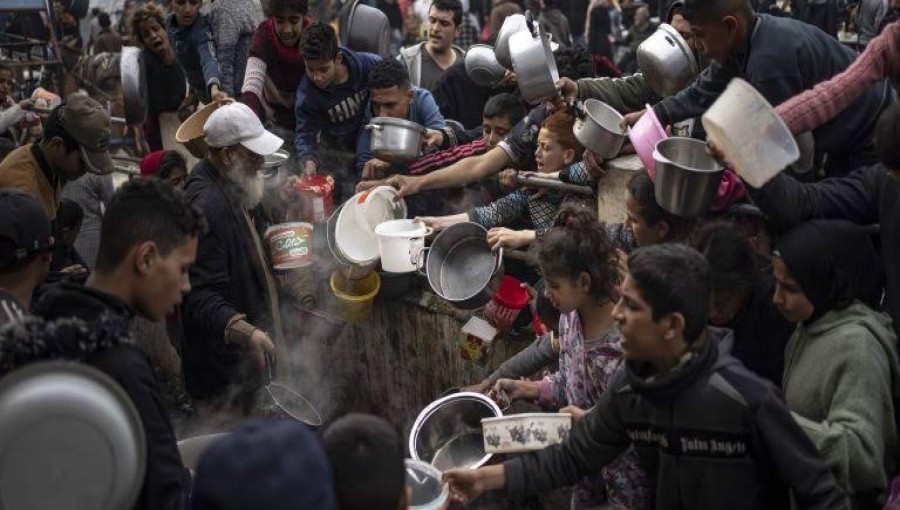
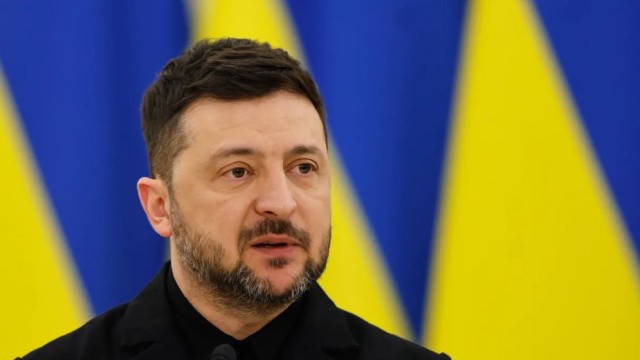

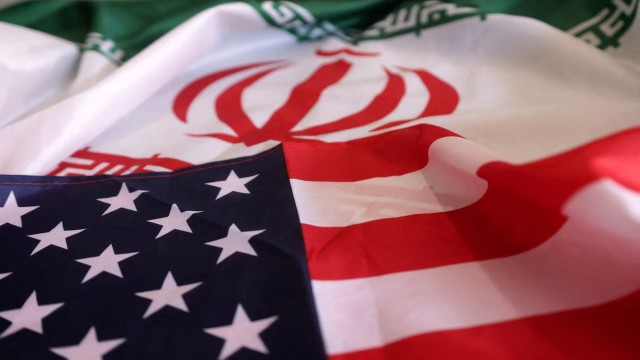
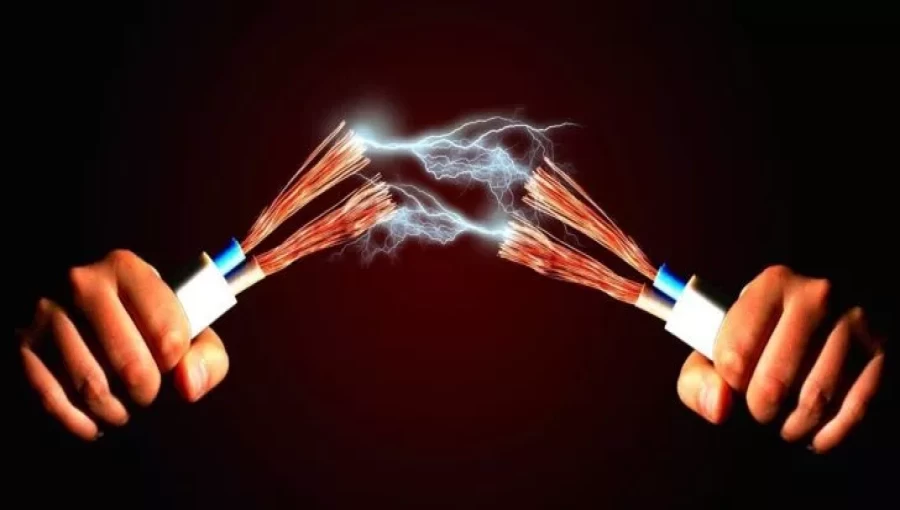
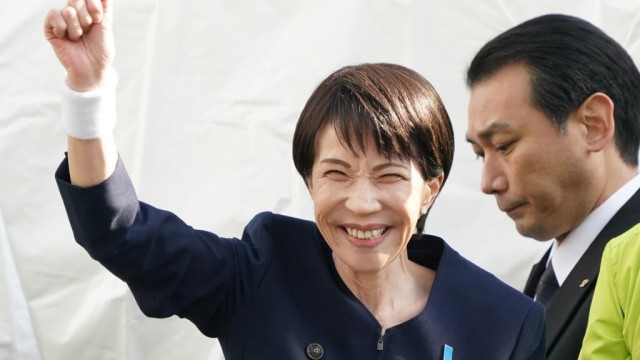

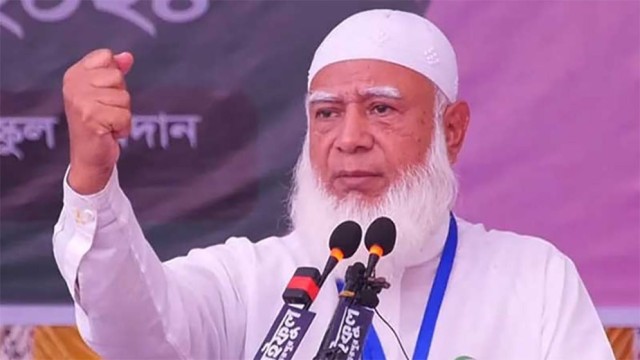
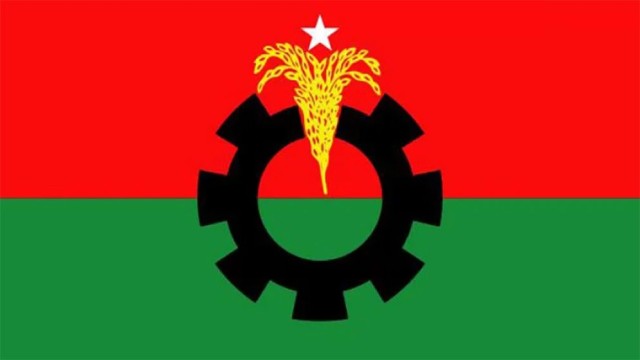
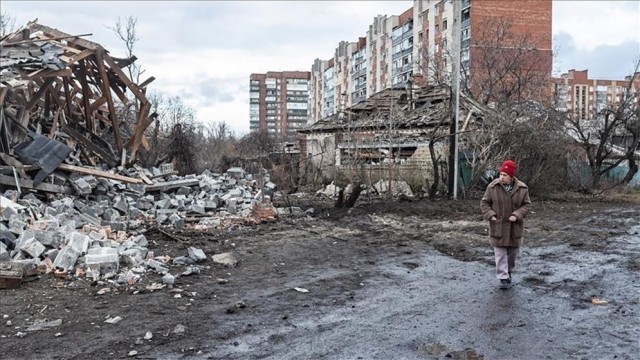


















Comment: